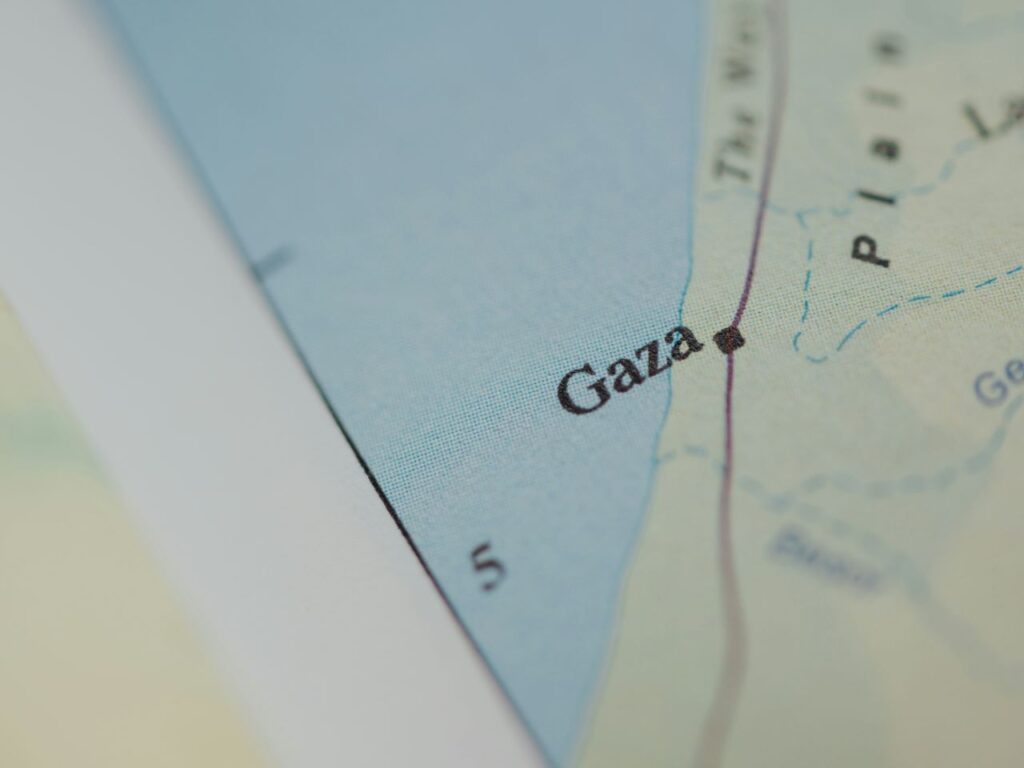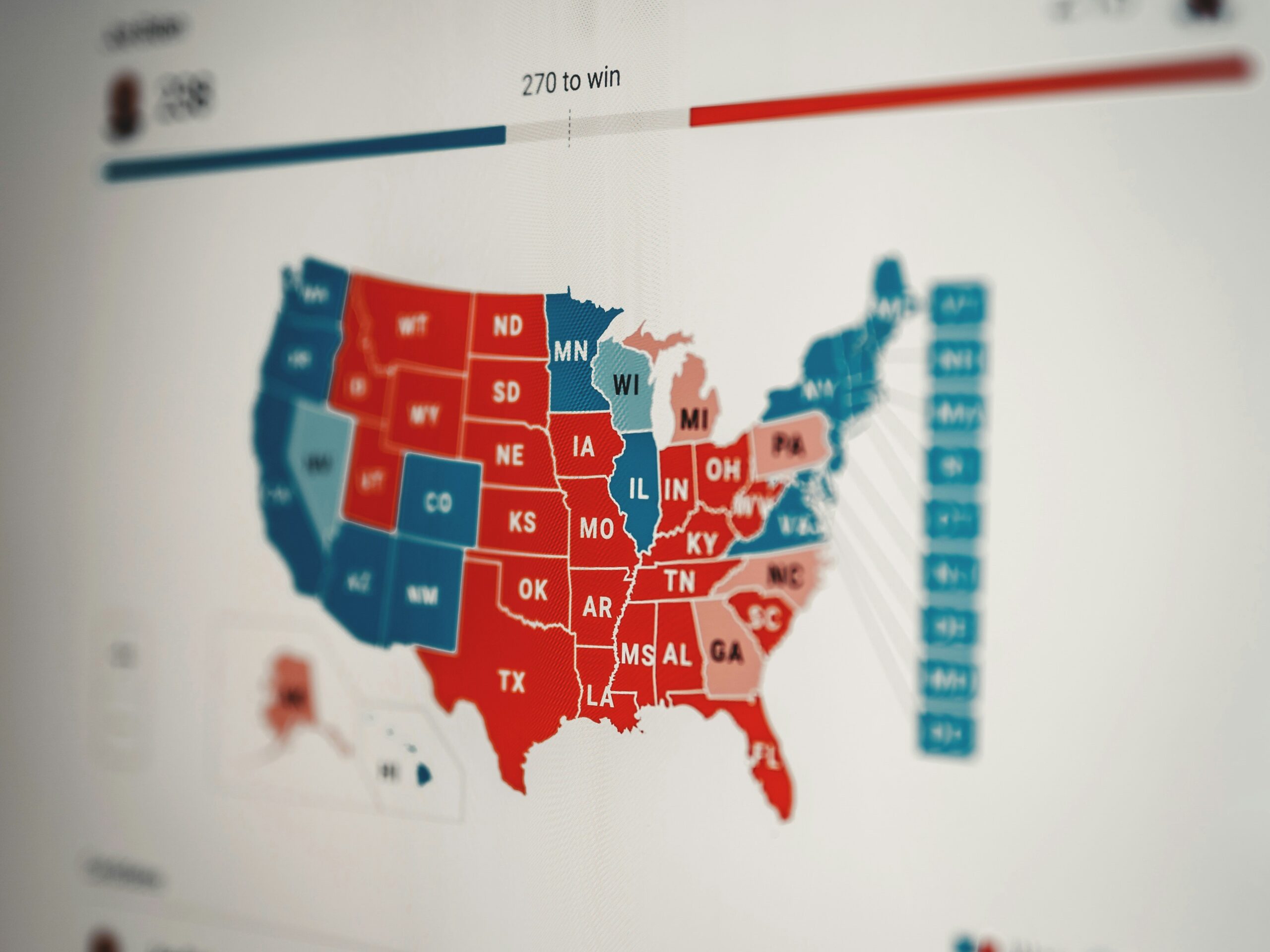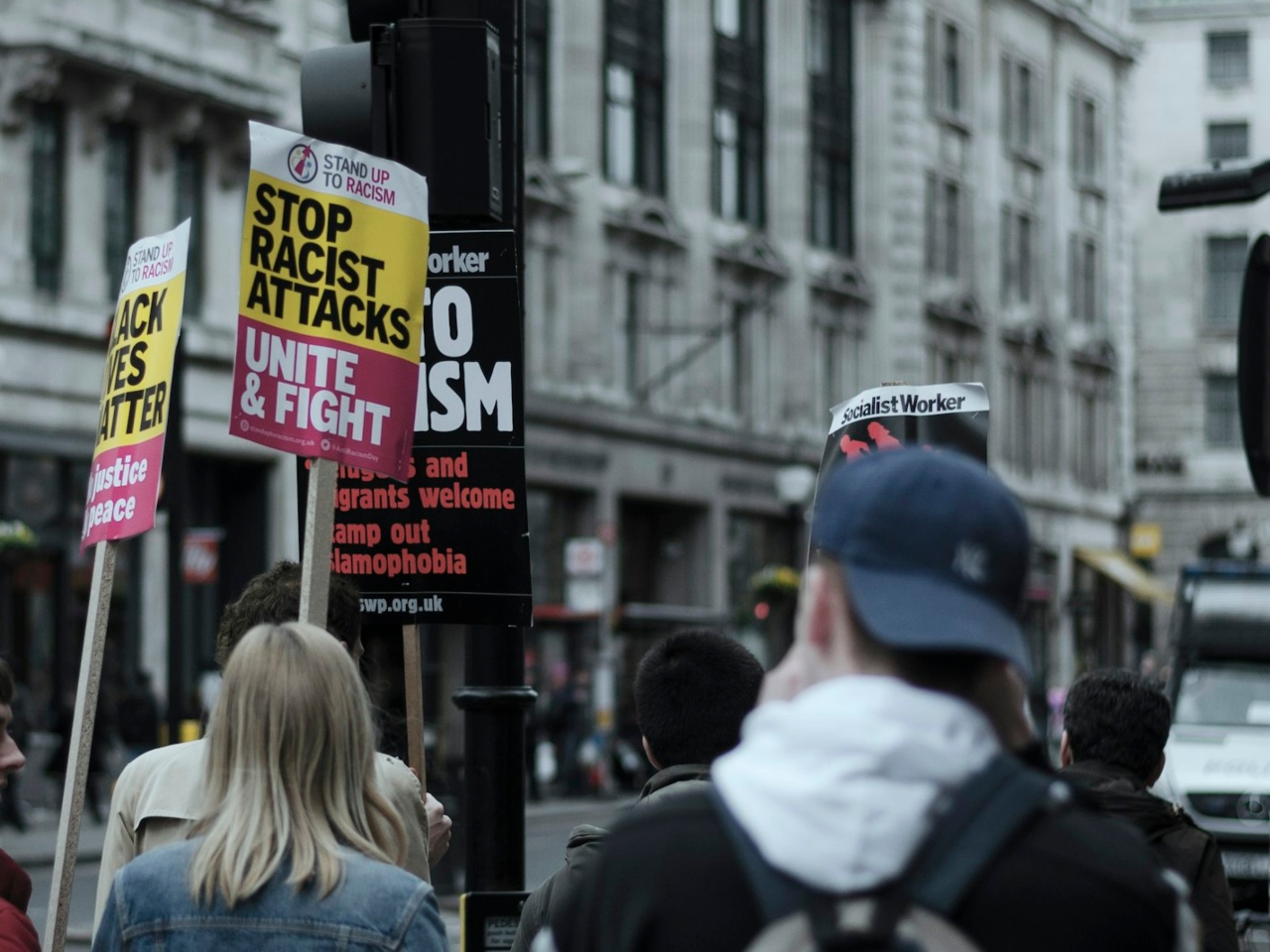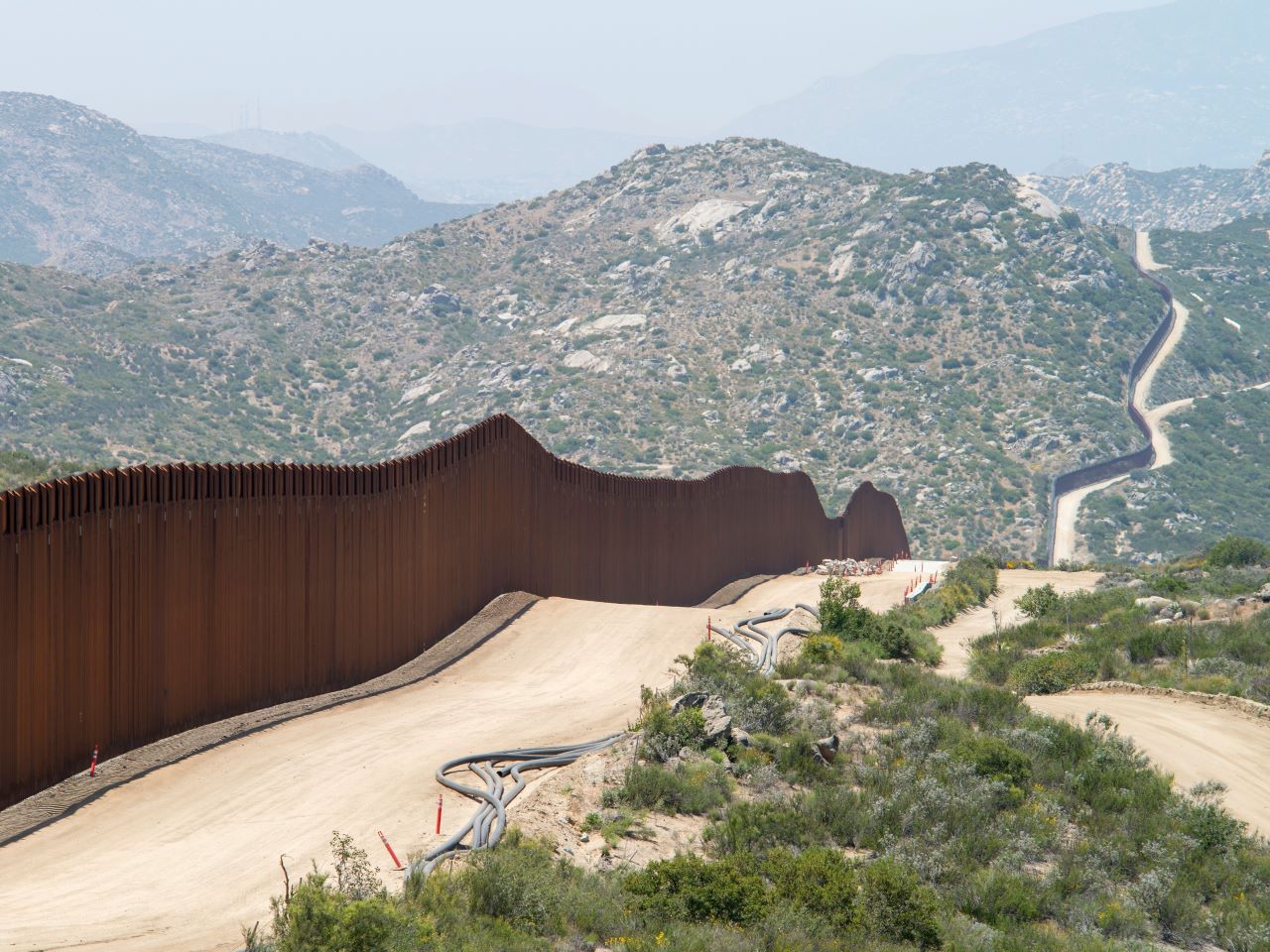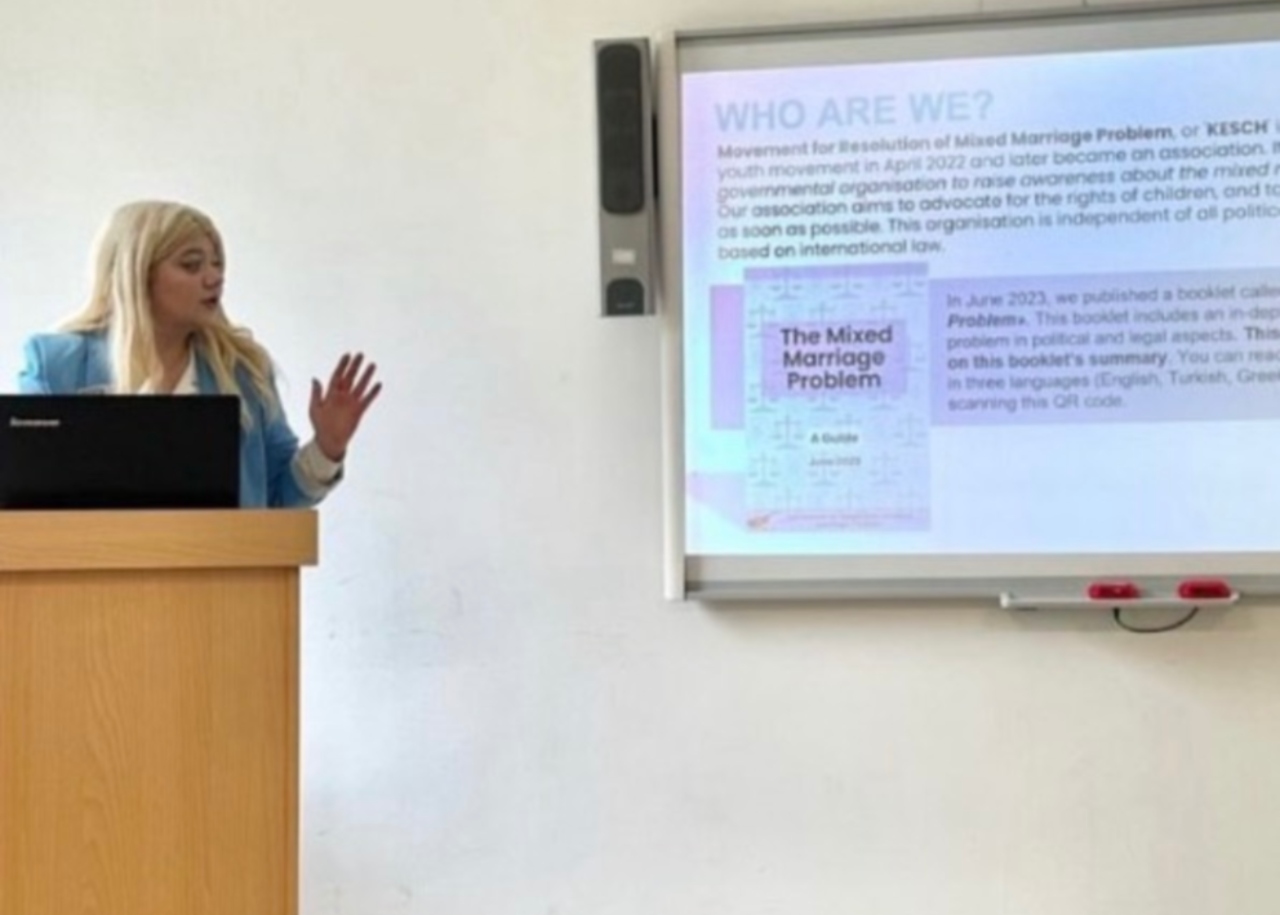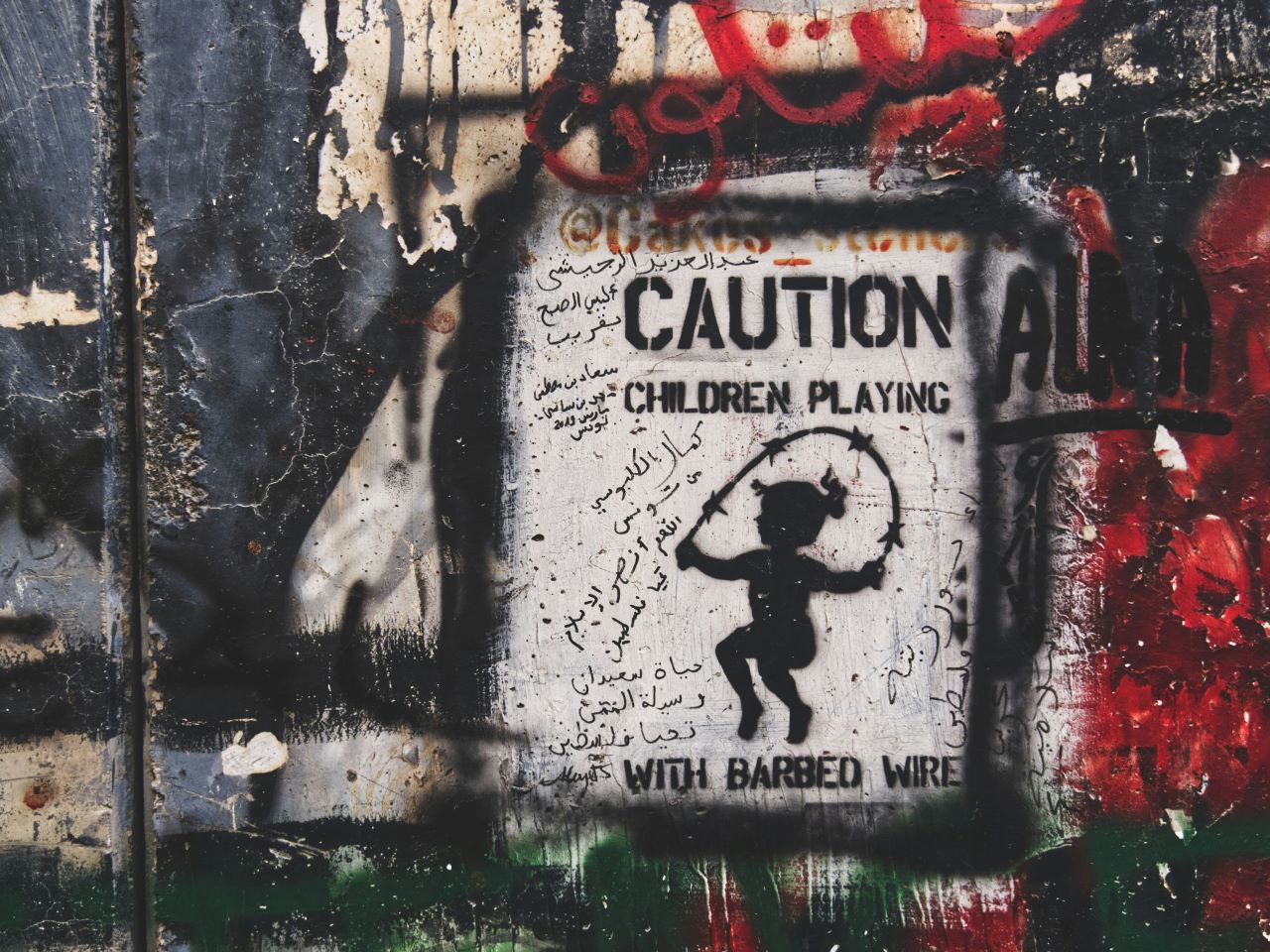Without evidence, 16 donor nations deny Palestinians aid when needed most
UNRWA is crucial in providing essential day-to-day assistance to 2.3 million Palestinians in Gaza during the challenging humanitarian situation amid the Israeli assault. The agency has stated that it cannot continue its operations in Gaza and the region beyond the end of February without resumed funding.
- 2 years ago
February 12, 2024
A U.N. agency for Palestinian refugees faces funding cuts and criticism after Israel claimed 12 of its staff helped Hamas in an attack on October 7, 2023. The United Nations Relief and Works Agency (UNRWA) in Gaza has about 13,000 employees.
Ever since Israel was declared a state in 1948 and after the first Arab-Israeli war in 1949, the agency was established to provide aid to refugees. In the current ongoing war between Israel and Hamas in Gaza, UNRWA has been the primary provider of food, water, and shelter for civilians.
Without sharing any of the evidence, Israel accused UNRWA of aiding Hamas and prolonging the Palestinian refugee problem. It says militants divert aid and use U.N. facilities for military purposes. UNRWA rejected those claims but acted quickly against the staff purportedly involved in the attack nonetheless, while an internal investigation was initiated.
As of January 31, 2024, 16 countries, including the USA, Britain, Canada, Japan, Austria, Estonia, Finland, Germany, Italy, Latvia, Lithuania, Netherlands, Romania, Sweden, Iceland, and Australia, have officially announced the suspension of funding to UNRWA. Together, these countries contribute more than 60 percent of UNRWA’s funding, with the United States standing as the agency’s top donor in 2022, providing over $340 million.
Eighty-seven percent of Gazans depend on UNRWA’s aid
The decision to cut international funding will be catastrophic considering UNRWA’s role in the broader Middle East region. In Gaza alone, 87% of Palestinians are dependent on its services as the largest aid provider, including food aid, education, shelter, and medical care. This decision will not only affect the lives and livelihoods of millions of refugees but also undermine the stability and security of the region. UNRWA is a vital partner for peace and human rights, and its work is essential for the dignity, recovery and resilience of the Palestinian people.
Suspending vital financial aid and services to Palestinians across the region, before the evidence supporting the allegations is made public, may be seen as a morally reprehensible decision but, more importantly, strategically unwise. As stated by UN aid chief Martin Griffiths, “UNRWA’s lifesaving services to over three-quarters of Gaza’s residents should not be jeopardized by the alleged actions of a few individuals. It is a matter of extraordinary disproportion.”
Sixteen nations that cut funding take punitive measures that will harm more than the accused
The dire humanitarian and harsh reality many Palestinians have endured after decades of displacement, occupation, and conflict calls for increased support rather than withdrawal of aid.
Suspending aid to UNRWA by Western countries worsens their situation, pushing them further into despair. It is tantamount to shutting down a school due to the misbehavior of a few students. UNRWA Chief Philippe Lazzarini describes the decision to cut aid as a “collective punishment.” When governments punish people without proof of evidence, it may constitute a violation of due process, offending the rule of law.
Any one of the 16 nations mentioned above could order an investigation into the allegations to learn the facts and consider the alternatives before taking steps to punish the guilty, therefore sparing millions of innocent Palestinians from further suffering.
Even without the evidence proving the allegations were true, countries including Norway, Ireland, and Spain demonstrated their unwavering support for UNRWA by reaffirming their commitment to maintain or increase funding to the agency. Their commitment reaffirms and recognizes the critical role UNRWA plays in promoting humanitarian aid and services.
In stark contrast, the actions of these 16 nations to opt out and slash or suspend funding to UNRWA can only be interpreted as punitive. The herd mentality of these countries to follow the lead of others rather than rationally and responsibly considering the consequences of their actions seems reprehensible. Such actions not only undermine the credibility and legitimacy of the agency but also reflect a concerning indifference and hostility towards the plight of Palestinians.
Restoring funding to UNRWA is both a humanitarian imperative and a moral obligation. Despite misconduct by some staff, urgent aid for Palestinian refugees should continue uninterrupted. Supporting UNRWA demonstrates commitment to human rights, justice, and regional peace.

